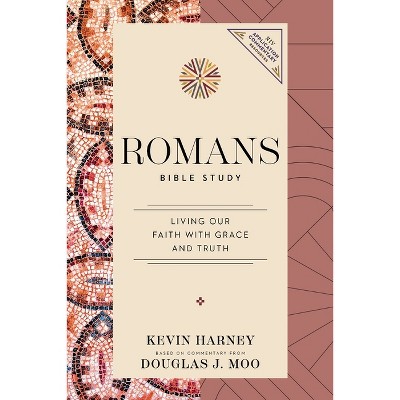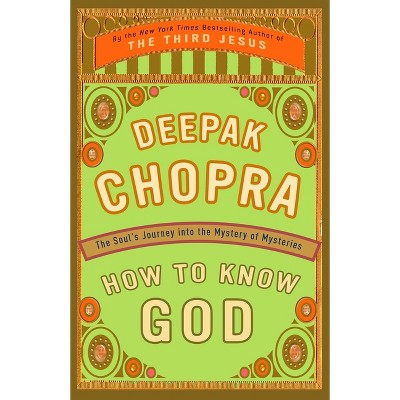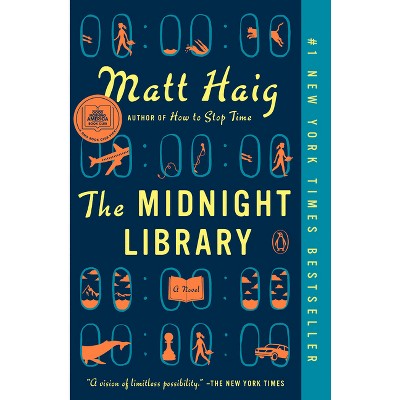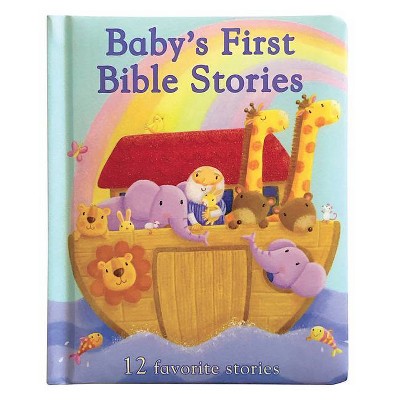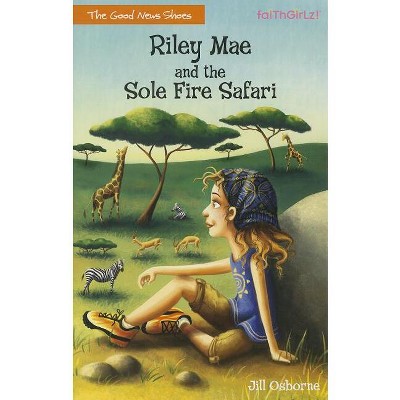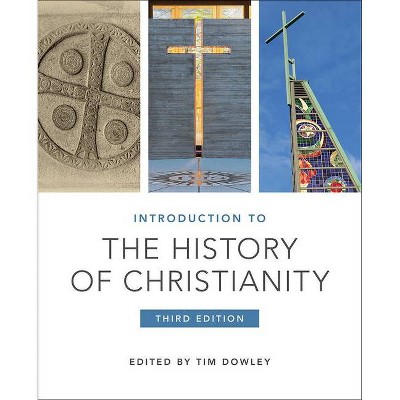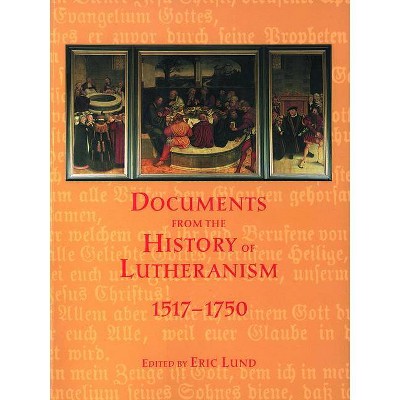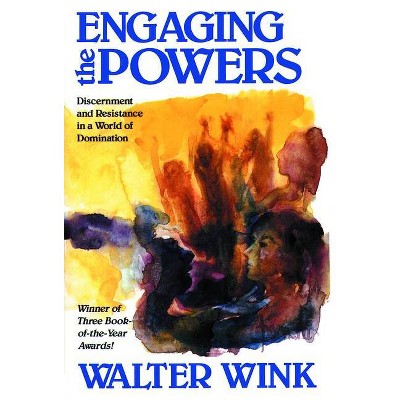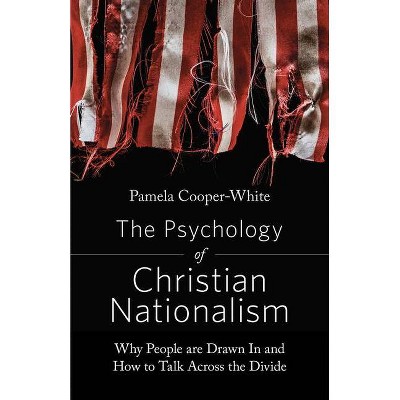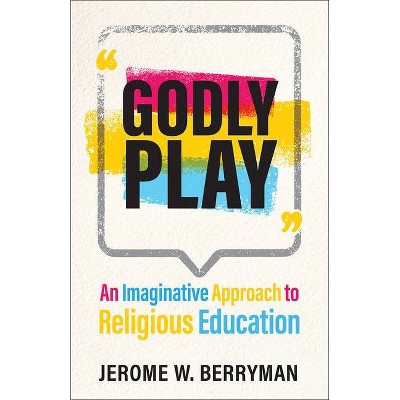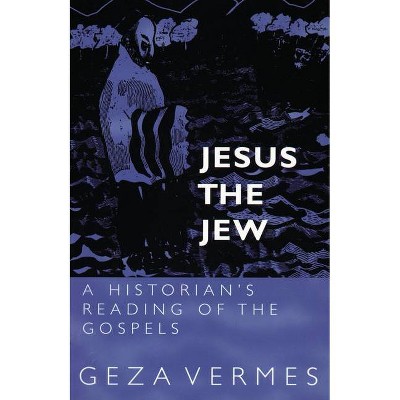Sponsored

Divine Ecosystem - by Christy Randazzo (Paperback)
In Stock
Sponsored
About this item
Highlights
- In this book, Randazzo develops new language to "translate" Quaker theological concepts which are rooted in the foundation of the tradition.
- Author(s): Christy Randazzo
- 320 Pages
- Religion + Beliefs, Christianity
Description
About the Book
Randazzo's theological narrative of liberal Quakerism creates clarity and structure without compromising the capacious breadth and depth of this distinctive tradition. Using the metaphors of an ecosystem, Randazzo helps readers understand the richness of Quaker theology while offering space for the myriad ways Friends experience the sacred.Book Synopsis
In this book, Randazzo develops new language to "translate" Quaker theological concepts which are rooted in the foundation of the tradition. Quaker theology has, since its beginnings, relied heavily on metaphors of Divine/human interdependence, and particularly creation metaphors related to the foundational concept of all Quaker theology: "that of God within." Coupled with this inherent ecological focus rooted deep within the tradition is the peculiarly Quaker practice of journals - the vitally important practice of Quakers reflecting upon their own personal experiences in light of their theological import. Randazzo's theological narrative of liberal Quakerism creates clarity and structure without compromising the capacious breadth and depth of this distinctive tradition.
Reflecting the traditional use of creation metaphors to express Quaker theological concepts, Randazzo proposes a new metaphor of "ecosystem" - new because the term was first used in 1935 - to explain the interplay of the old threads underlying Quaker theology. In so doing, Randazzo helps readers understand the hope-filled richness of Quaker theology while offering space for the myriad ways Friends experience the sacred. The "sources" of Quaker theology work as a complex ecosystem of overlapping elements, where none is primary but all interact with each other in inexplicable and unexpected ways: the individual and communal experience of the Divine, the testimony of the practices which demonstrate the truth of this experience in the values and practices of the community, Quaker interpretation of Divine revelation in both sacred stories as well as new ideas and concepts which evolve over time, and the doctrines which emerge as Quakers explore the way that these elements all intersect in the lives and stories of our communities.
Review Quotes
Randazzo is a master weaver, bringing together metaphor, narrative, autobiography, theology, contemporary culture, and Quaker faith and practice in this lively, new liberal Quaker theology. The ecosystem method makes clear a broader, more complex interdependence of theology that challenges individualized and simplistic theological approaches. These Quaker threads are interwoven with others as diverse as ecotheology, personal narrative, and myriad perspectives and experiences, ensuring that the warp and weft of Divine Ecosystem are finely tuned to what is most urgent today. The book crafts a new Quaker theological fabric to add to and make one's own. I am eager to see what Quakers and non-Quakers alike discover of their own theology reflected in this tightly woven tapestry. --C. Wess Daniels, William R. Rogers Director of Friends Center and Quaker Studies, Guilford College
In Divine Ecosystem, Dr. Christy Randazzo weaves together several threads of theological tradition, personal stories, and the urgency of the current moment. What emerges is simultaneously brand-new and deeply rooted in the liberating Jesus Way. Through the metaphor of a tree embedded in its interconnected ecosystem, Randazzo artfully describes the way the Spirit moves, enlivening the community of all life. While this book promises--and delivers--a particularly Quaker theology, Divine Ecosystem will be useful and inspiring to those from a variety of traditions who yearn for an embodied theology that speaks to today's issues, including the climate crisis and human belonging in the twenty-first century. More than anything else, this text offers hope grounded in spiritual community, and invites us to stretch and grow toward the Light, bringing forth the seeds of new life as we navigate a new era in the life of the church. --Cherice Bock, climate policy director, 350PDX; adjunct assistant professor of environmental studies, University of Portland
Christy Randazzo's Divine Ecosystem invites us to recognize the ecosystem as a grounding metaphor for differing components of Quaker thought, experience, and practice. Weaving together Quaker history and customs, personal stories, sociopolitical analysis, and pop culture references, Randazzo turns things inside out! Instead of engaging theology to understand creation better, we are treated to an expert encounter with creation (through light, trees, vines, rivers, mushrooms, soil, clouds, and more) to understand our theologies better. The book contains not only a profound explication of Quaker theology but also a bold invitation to readers to consider deeply how their own ecological and denominational contexts might combine with and inform emergent ecotheologies. --Rachel Wheeler, associate professor of theology, University of Portland; author of Radical Kinship: A Christian Ecospirituality
Shipping details
Return details
Trending Non-Fiction



